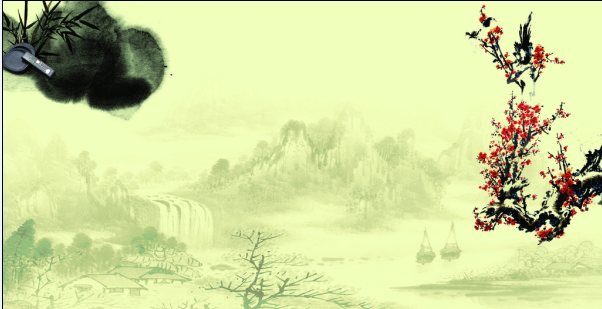The basic substance for producing blood is essence, including the congenital essence (kidney-essence) and the acquired essence (food nutrients). The congenital essence is prerequisite to the production of blood. Only when the acquired essence has combined with the congenital essence can blood be produced. Thus deficiency of kidney-essence will make it difficult to produce blood.
However, the congenital essence is already fixed after birth. In this case the acquired essence plays a key role in the production of blood. For this reason the functions of the spleen and stomach are key to the production of blood. If the spleen and the stomach are normal in functions, they can absorb sufficient food nutrients to produce blood. If the spleen and stomach are weak in absorbing food nutrients, the production of blood is inevitably reduced.

The transformation of the essence into blood is in fact a process of qi-transformation. The organs involved in such a process are the heart and the lung. The function of the heart in the process of blood production is called "reddening", because the heart pertains to fire in the five elements and red in the five colors. With the action of heart-fire blood becomes red.
The lung participates in the production of the nutrient qi by inhaling fresh air from the outside. The nutrient qi is an important component of blood. So the functions of the lung directly influence the production of blood. Besides, the liver regulates qi activity and influences qi-transformation in the whole body with its dredging and dispersing functions, also exerting certain effect on the production of blood.







